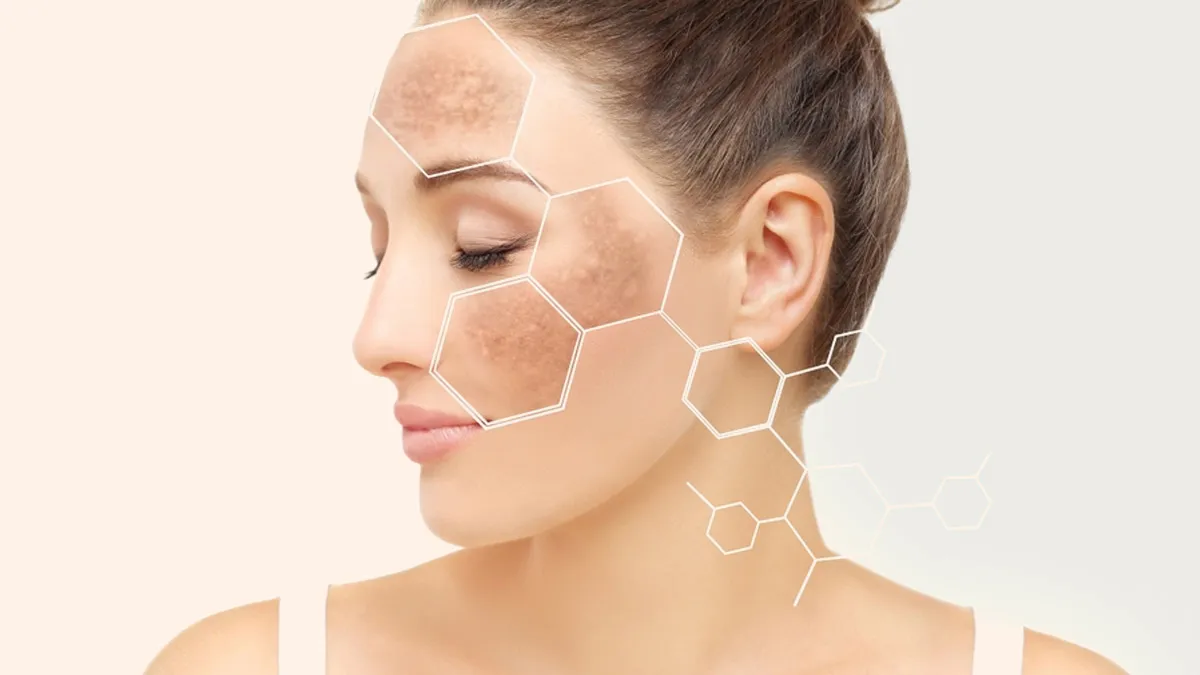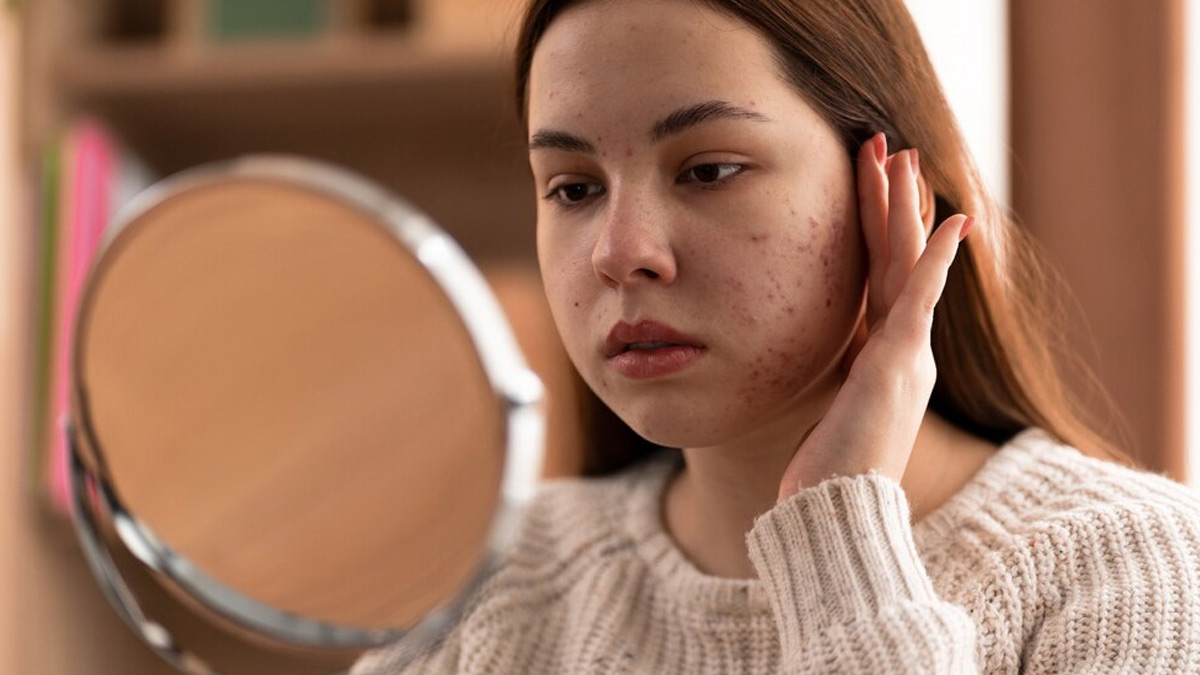
When most of us hear the term melatonin, we often tend to associate it with sleeping. Melatonin is a naturally secreted hormone, synthesised primarily by the pineal gland in the brain, and is most famously known for controlling our body's circadian rhythm and ensuring a good night's sleep. However, over recent years, scientists have started investigating the role of melatonin outside of sleep, specifically its possible influence on the health of the skin and pigmentation.
Table of Content:-
In an exclusive interaction with the editorial team of Onlymyhealth, we asked the same question to our expert, Dr Sanjeev Gulati, Department of Dermatology, Sharda Hospital - Noida, and here is what he shared with us.
What Is Melatonin's Role in the Skin?
Dr Gulati highlighted that melatonin is not only made in the brain. “Our skin cells are also capable of locally synthesising melatonin. This leaves open the possibility that it plays a direct role in defending the skin against environmental stressors such as UV radiation, pollution, and oxidative stress,” he added. In simpler terms, this is a potent antioxidant that can neutralise free radicals and aid general skin resilience.

Also Read: Does Protein HelpIn Height Growth? Expert Tells
Melatonin and Pigmentation: What Science Says
Melanin plays the main role in controlling skin pigmentation, a pigment generated by melanocytes. Melatonin seems to affect this process, but it is complicated:
- UV protection: A few studies propose that melatonin can inhibit UV-induced pigmentation modifications by preserving skin cells from oxidative damage.
- Melanogenesis regulation: Melatonin is shown by early research to have an effect on melanin production, albeit not in the obvious manner. In some situations, it could suppress overactive melanin (perhaps being useful in treating hyperpigmentation), but in others, it will merely stabilise, allowing cells to behave as they should.
- Skin colour and complexion: There is no evidence to suggest that melatonin supplements lighten or darken skin colour cosmetically. Topical melatonin products, however, are under investigation for evening colour and enhancing photoprotection.
Supplements vs. Topical Melatonin
Although oral melatonin supplements are readily available for sleep, their impact on skin pigmentation is unclear. The most promising evidence is for topical melatonin, which can be used to improve skin barrier function, decrease redness, and prevent sun-induced changes in pigmentation.
Bottomline
Melatonin does affect the skin, both as a sleep hormone and as a protective antioxidant. Its effects on pigmentation are still under investigation, and though early results are promising, it's no miracle tanning or whitening potion. Its most hopeful skin benefit, at least for the moment, is its ability to guard against UV damage and promote healthy, resistant skin.
If you’re considering melatonin for skin health, consult a dermatologist, especially before experimenting with topical formulations or high-dose supplements.
Also watch this video
How we keep this article up to date:
We work with experts and keep a close eye on the latest in health and wellness. Whenever there is a new research or helpful information, we update our articles with accurate and useful advice.
Current Version